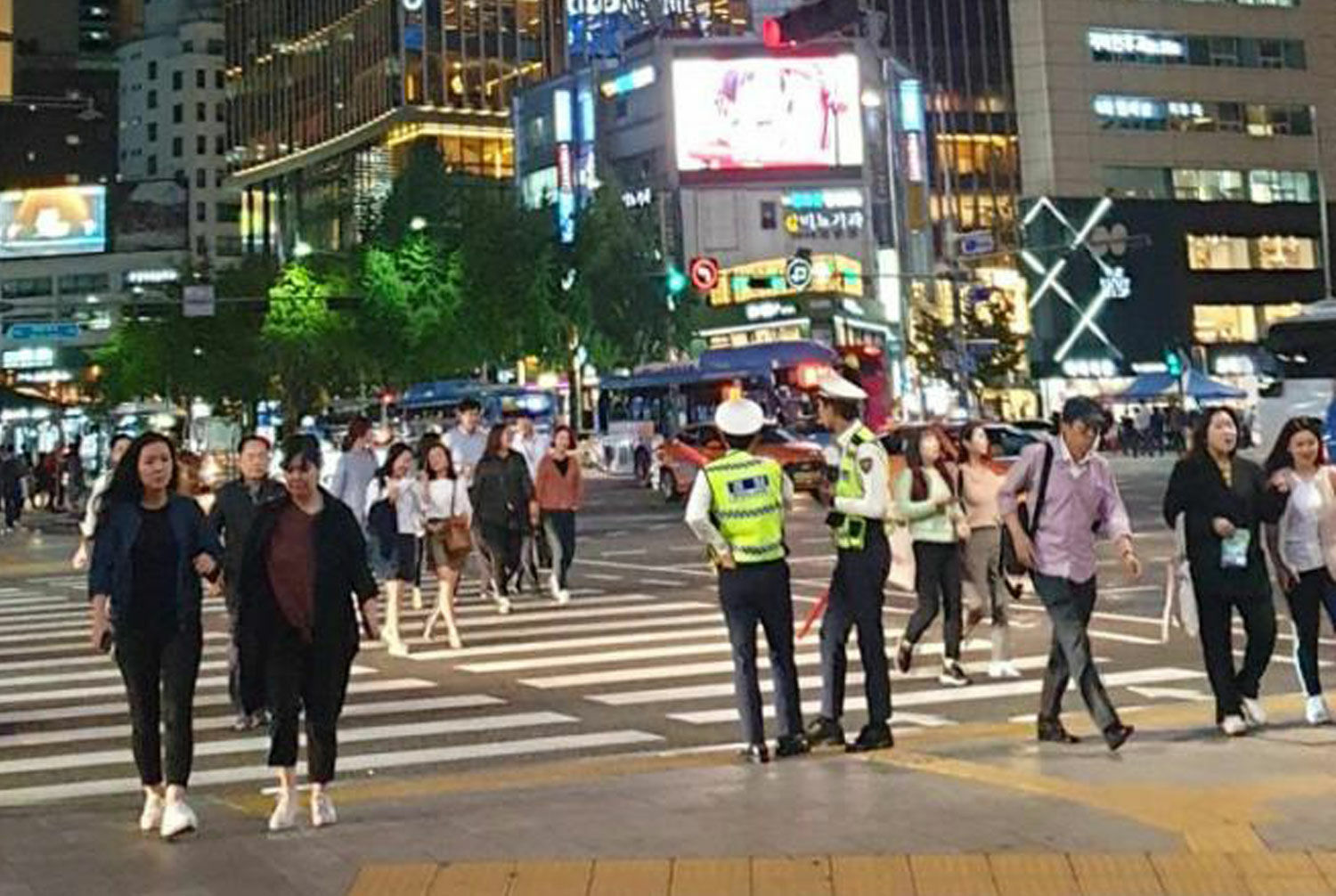Thai police target traffickers sending workers to South Korea

The Anti-Trafficking in Persons Division (ATPD) of the Royal Thai Police is intensifying its efforts to investigate websites run by companies with the aim of deceiving Thais, known as “little ghosts,” into working in South Korea illegally.
The ATPD has been investigating the websites operated by these firms since South Korea’s partial reopening after the relaxation of Covid-19 restrictions. Sarut Kwaengsopha, 32 years old, commander of the ATPD, stated that numerous companies had been discovered to be deceiving Thai workers. He warned people not to believe these firms and suggested that seeking employment through the Department of Employment was the safest option.
According to Sarut, these companies have violated the Employment Arrangement and Job-seeker Protection Act by advertising jobs without authorisation, which carries a potential jail term of three to ten years, as well as deceiving others about jobs overseas, which carries a potential jail term of three to ten years and/or a fine of between 60,000-200,000 baht.
The issue of “little ghosts” in South Korea has resurfaced since Thailand and South Korea lifted travel restrictions following the easing of Covid-19, prompting many labour exporters to resume sending Thai workers to the country illegally. South Korea has been a popular destination for Thai workers for the past 20 years, mainly because daily wages are five to seven times higher than in Thailand. However, individuals can only work in South Korea legally through the Employment Permit System (EPS) operated by the Human Resources Development Service of Korea. This system involves government-to-government arrangements aimed at eliminating the need for excessive brokerage fees of between 150,000 and 200,000 baht charged by unscrupulous companies in both countries.
These exorbitant fees are one reason why Thai workers choose to enter South Korea illegally rather than going through official channels. Thailand and South Korea have established strong ties and agreements to promote tourism, thereby enabling Thai travellers to enter South Korea without a visa, and South Korean visitors to Thailand can also enter the country visa-free.
Many Thai job-seekers have taken advantage of this visa exemption to enter South Korea posing as tourists before abandoning their group tours to take prearranged jobs in the grey economy. South Korean immigration authorities are now cracking down on Thais entering the country.
Reena Tadee, a researcher at Mahidol University’s Institute for Population and Social Research, categorised illegal Thai workers in South Korea into three groups. The first group consists of individuals who pretend to be tourists to gain entry into the country and find work before overstaying their 90-day visa exemption period. A similar group hops in and out of the country to maintain their legal 90-day status but engage in illegal work during those periods. The third group includes Thai workers who enter South Korea, having met the requirements of the EPS, but change workplaces without informing the authorities.
EPS has limitations, as some workers claim that a help centre established as part of the system does little to assist Thai workers when employers cheat on their pay, delay payments, or refuse their request to change jobs. The EPS system’s work contract duration is three years, and a worker can change jobs three times with the consent of their employer. If the employer does not grant consent, workers are not allowed to change workplaces.
Some Korean employers choose to employ illegal workers partly because the EPS imposes strict requirements on them. For instance, the backgrounds of employers who want to hire foreign workers under the EPS must be checked by authorities, and their workplaces and accommodation for workers must meet specific requirements. Additionally, before being allowed to hire foreign workers, employers must prove that they have tried and failed to hire Korean nationals for the roles, with a quota on foreign labour imposed on each factory, forcing them to hire illegal workers to supplement their workforce.
According to South Korea’s immigration office, as of January 31, over 2.14 million foreign immigrants lived in the country, with more than 195,000 of them being Thais. Of this number, 48,129 were legal migrants, while the rest were illegal migrants.
Latest Thailand News
Follow The Thaiger on Google News:


























